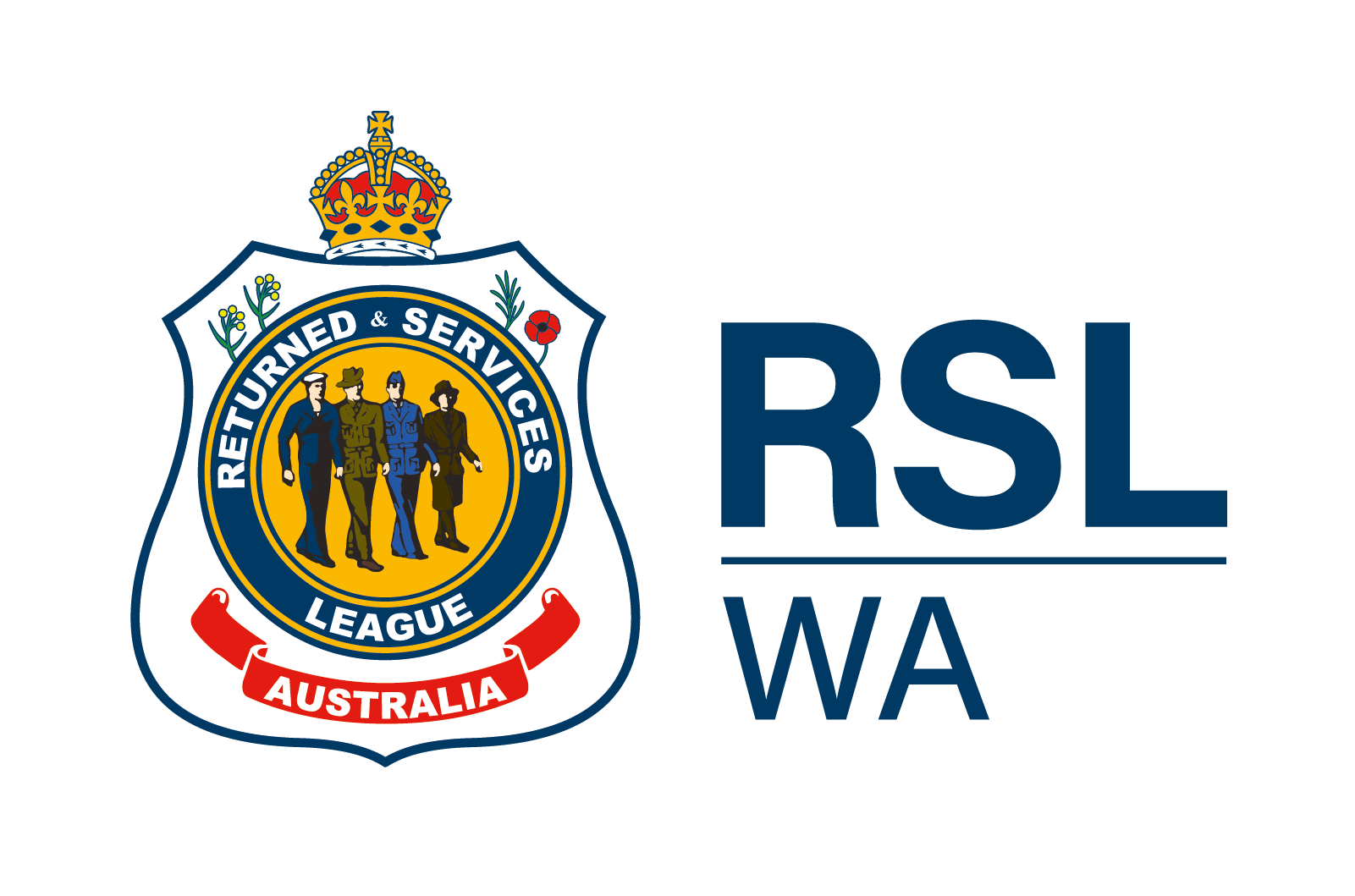
Assistance Dogs
Expressions of interest
To express your interest in participating in the Psychiatric Assistance Dogs Pilot Program and apply to receive a dog, veterans you must meet the outlined eligibility criteria and complete the online form.
Psychiatric Assistance Dogs Pilot Program
We are thrilled to announce the launch of the Psychiatric Assistance Dogs Pilot Program, a ground breaking initiative aimed at improving the mental health and wellbeing of Western Australian Veterans. Developed through a collaborative effort between RSL WA and Kaizen K9, this program marks a significant step forward in supporting our ex-service members who are experiencing post-traumatic stress disorder (PTSD). Expressions of interest to participate in the program are now open.
Program Overview
- The two-year program will train four puppies to become trained psychiatric assistance dogs, which will then be paired with ex-service members.
- This pioneering initiative is the first of its kind in Western Australia, dedicated to enhancing mental health outcomes for our veterans.
- Canine care providers will undergo comprehensive training through Kaizen K9, a Perth-based business with over 25 years of experience in training police and military dogs.
- The training curriculum will equip the dogs to identify PTSD symptoms and provide optimal care and support to their veteran companions.
Meet the Dogs
Senna, Alonso, Kimmi and Oscar.




Monitoring and Support
The wellbeing of both the veterans and their canine companions will be closely monitored throughout the program. Monthly evaluations will be conducted by consulting psychiatrist Dr. Richard Magtengaard over a one-year period to ensure the effectiveness of the assistance provided.
Closing Remarks
As Veterans Issues Minister Paul Papalia rightly points out, our military personnel make immense sacrifices to safeguard our nation, and the impacts of their service can endure long after their careers have ended. The Psychiatric Assistance Dogs Pilot Program represents a tangible and compassionate response to support our veterans as they navigate the challenges of post-service life. Together, with the expertise of Kaizen K9 and the support of our government, we are confident that this program will make a meaningful difference in the lives of those who have served our country with honour and bravery.
Expressions of Interest
To express interest in participating in the Psychiatric Assistance Dogs Pilot Program and apply to receive a dog, interested veterans must meet the following eligibility criteria:
- Veteran Status: Applicants must be confirmed veterans, substantiated by possession of a Department of Veterans' Affairs (DVA) White or Gold Card-year program will train four puppies to become trained psychiatric assistance dogs, which will then be paired with ex-service members.
- Diagnosis of PTSD: Applicants must have a verified diagnosis of Post-Traumatic Stress Disorder (PTSD), supported by symptoms experienced during the day or night. Acceptable documentation includes a DVA approved claim or a diagnosis from a licensed psychiatrist.
- Living Arrangements: Applicants must have suitable living arrangements capable of accommodating a service dog. For renters, a letter of permission from the landlord may be necessary. Additionally, an environmental assessment will be conducted to ensure the living space is conducive to the dog's well-being.
- Financial Capability: Applicants must demonstrate financial capability to meet the needs of the assistance dog.
- Participation in Pilot Program: Applicants must be willing to actively participate in the pilot program, which may include involvement in case studies, engagement on social media platforms, and reporting on progress.
- Monthly Monitoring Sessions: Applicants must commit to attending monthly monitoring sessions with Dr. Richard Magtengaard and his team for a duration of one year.
Once potential applicants have confirmed their eligibility based on this criteria, they can proceed to the application process by completing an online form and providing relevant documentation to support their eligibility. Throughout the application process, support and guidance will be available to assist veterans in navigating the requirements and procedures involved.
STAY INFORMED WITH RSL WA
Be part of the journey! Stay connected with RSL WA, receiving timely announcements, news and events, as well as impactful initiatives and updates on our veterans’ support services.
